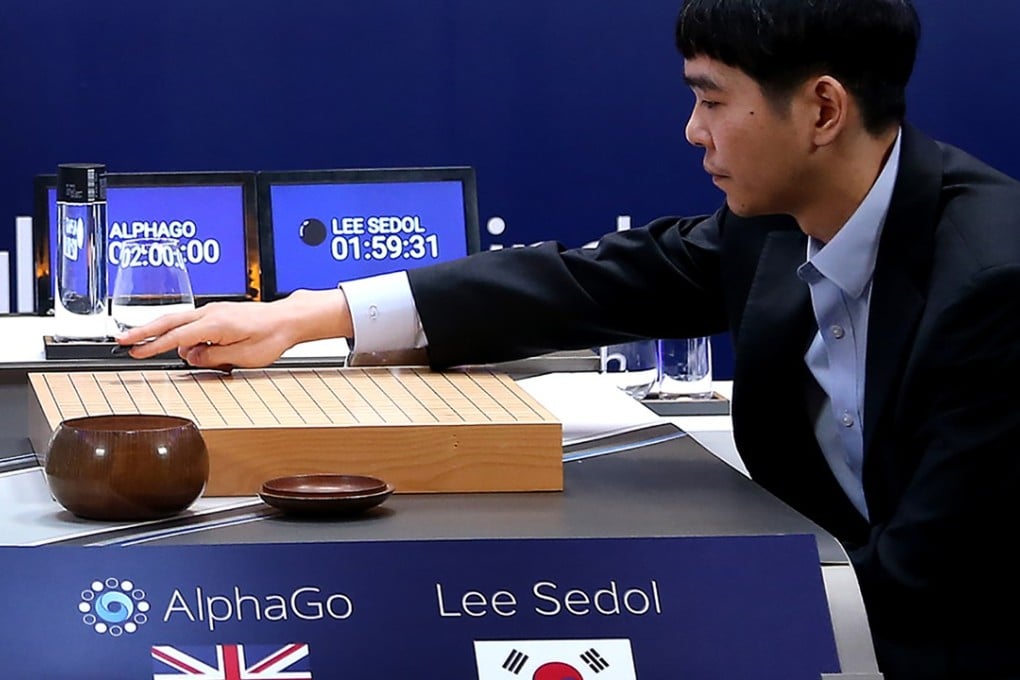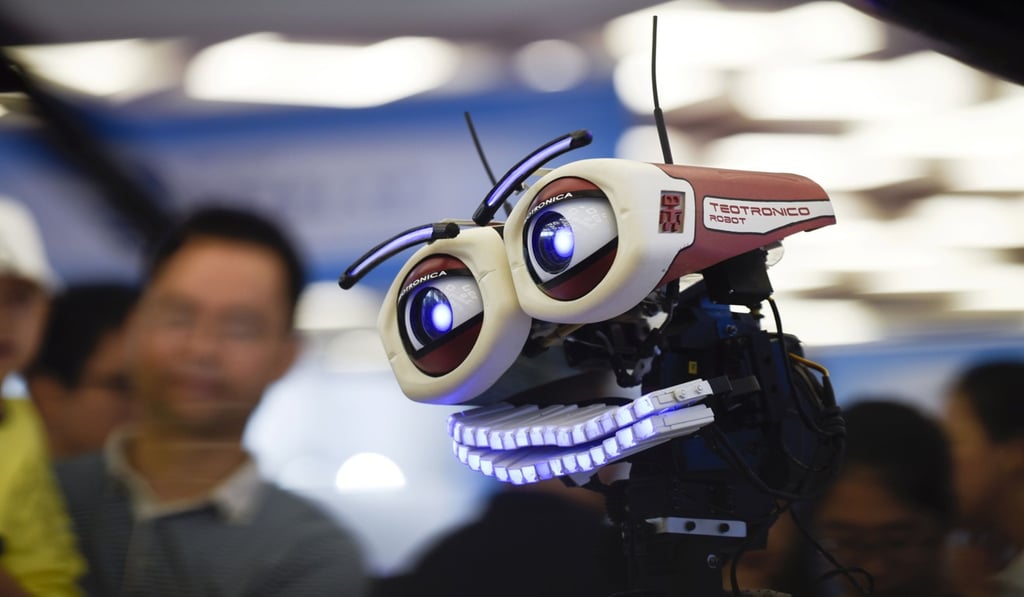Now it’s personal: South Korea calls to arms in AI race after Go master felled by AlphaGo
Though the culture is now awash in artificial intelligence hype, analysts say the nation’s innovators are way behind and will struggle to keep pace with China and the US

“Watching Google’s AlphaGo AI eviscerate Korean grandmaster Lee Se-dol put the nation into shock,” New Scientist reported on March 15, noting South Korean headlines such as “The ‘Horrifying Evolution’ of Artificial Intelligence” and quoting JoongAng Ilbo’s lead Go correspondent, Jeong Ahram: “Last night was very gloomy. Many people drank alcohol.”

Amara’s law, an adage named after systems engineer Roy Amara who said people tend to overestimate technology in the short-run but underestimate it in the long run, seemed to be in effect.
But the hype isn’t just a marketing gimmick. Several major companies are doing serious research and development in the field. Last month, Kakao, the country’s top instant messaging company, teamed up with Hyundai Motor, its top carmaker, to develop AI technology. In June, LG Electronics created an AI research lab and Naver, the country’s top web portal, held a Silicon Valley networking event for AI talent.